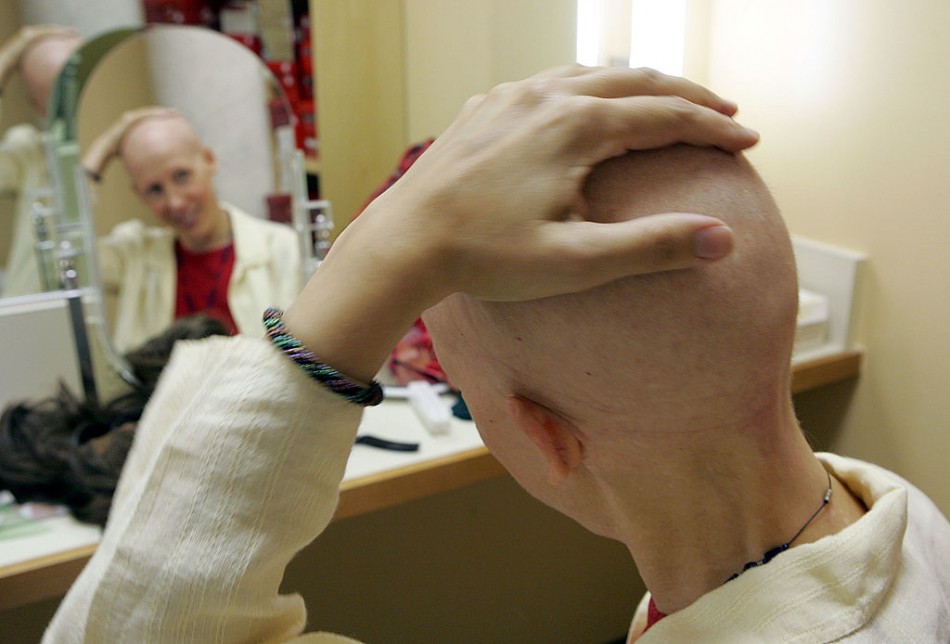Pennsylvania Passes Bill Requiring Insurers To Cover Breast Cancer Screenings, Genetic Testing Costs

Pennsylvania has taken a critical step in its fight against breast cancer.
On Wednesday, lawmakers sent a bill to Governor Josh Shapiro's office that promises to save lives by providing patients with greater access to supplemental screenings. Once enacted, the bill will require health insurers to cover the out-of-pocket costs of patients who are deemed at risk for breast cancer and receive a second screening during a coverage year.
Shapiro, a Democrat, has announced his intention to sign the bill into law. The legislation gained support from both sides of the aisle, receiving unanimous approval in both the state House of Representatives and the state Senate. By eliminating financial barriers, the new law aims to help patients receive timely diagnoses and improve their chances of successful treatment.
Pennsylvania Widens Access To Breast Cancer Screenings
According to The Associated Press, the chief sponsor of the bill, Senate President Pro Tempore Kim Ward from Westmoreland, has shared her personal experience to emphasize the importance of the legislation.
Ward had both her breasts removed preventively after discovering she carried inherited gene mutations that increase the risk of breast cancer.
Under the new law, insurers will also have to cover genetic testing and counseling costs for patients with a history of breast or ovarian cancer or a genetic predisposition to the disease.
These costs, including copays, lab fees, coinsurance, and deductibles, can often become a financial burden for patients and their families, as per the Pennsylvania Breast Cancer Coalition.
It's important to note that while the state's insurance laws do not apply to all insurance policies, such as self-insurance, the new bill will significantly ease the financial burden for at-risk patients who require additional screenings and genetic testing.
Pennsylvania is not alone in its efforts to tackle breast cancer; several other states have similar laws in place.
Tennessee passed comparable legislation last year, while lawmakers in Montana and Missouri are working to pass similar bills in 2023, as per the National Conference of State Legislatures.
Breast Cancer in America
Breast cancer is the most prevalent cancer among women in the United States.
According to the CDC, the US Preventive Services Task Force suggests that women who are between 50 and 74 years old and have an average risk of developing breast cancer should undergo a mammogram once every two years.
For women aged 40 to 49, it is recommended to consult with their healthcare provider to determine the optimal time to begin screening and the frequency of mammograms.
Mammograms are X-ray images of the breast and are effective in detecting breast cancer early on, before it causes symptoms or is large enough to be felt.
Regular mammograms can reduce the risk of breast cancer-related death.
At present, mammograms are the most effective means of detecting breast cancer in most women of screening age.
According to the Breast Cancer Organization, breast cancer is also the most common cancer worldwide, making up 12.5% of all new annual cancer cases.
Around 13% (1 in 8) of US women will develop invasive breast cancer over the course of their lifetime.
It is estimated that in 2022, 287,850 new cases of invasive breast cancer will be diagnosed in women in the US, as well as 51,400 new cases of non-invasive breast cancer.
Breast cancer is not exclusive to women, with approximately 2,710 new cases of invasive breast cancer expected to be diagnosed in men in 2022. A man's lifetime risk of breast cancer is roughly 1 in 833.
In the United States, over 3.8 million women have a history of breast cancer as of January 2022, including those who are currently undergoing treatment and those who have completed treatment.
Related Article: Dr. Fauci Admits COVID-19 Response Was Flawed, Denies Involvement in School Shutdowns
© 2024 ParentHerald.com All rights reserved. Do not reproduce without permission.
